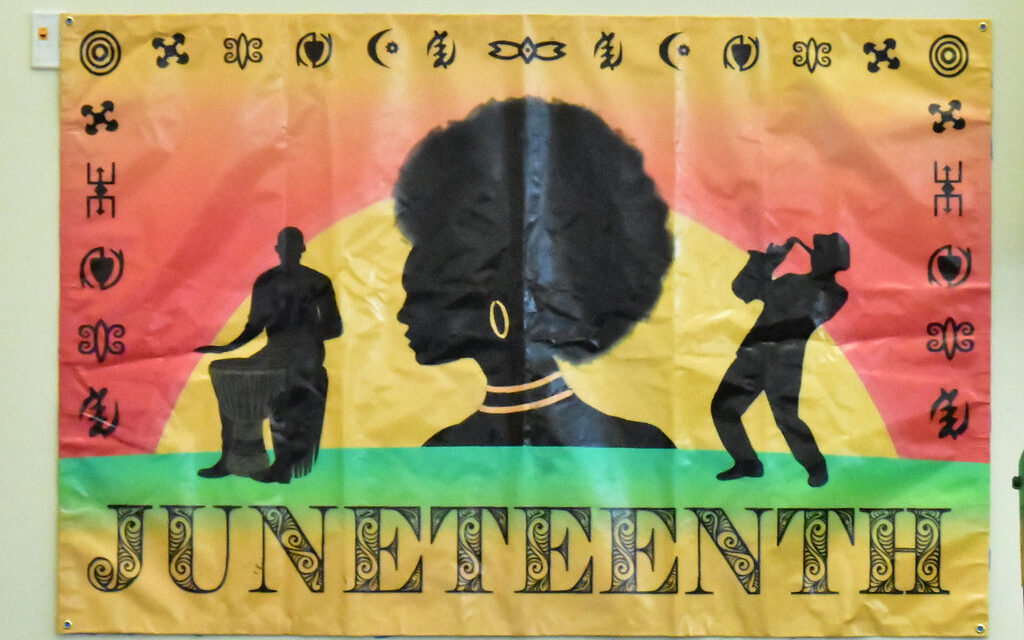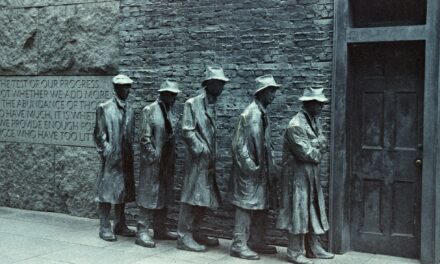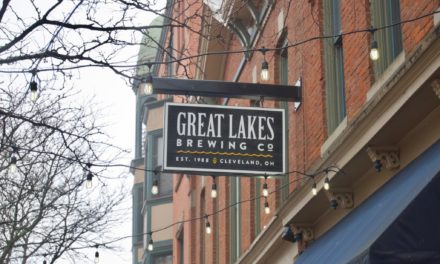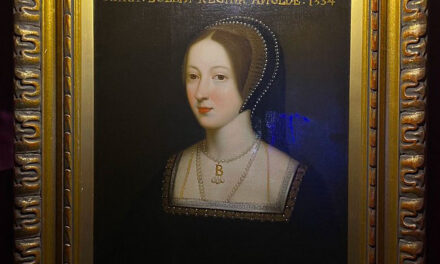CLEVELAND HISTORY
Total Solar Eclipse Observed in Cleveland (June 16, 1806): On this day, Cleveland experienced a total solar eclipse, one of the earliest recorded celestial events in the region. At the time, the settlement was in its infancy, with a sparse population and limited infrastructure. While specific accounts from Cleveland residents are scarce, the eclipse would have been a remarkable phenomenon for both settlers and Indigenous peoples in the area.
Inaugural Ohio Cup Game Between Cleveland Indians and Cincinnati Reds (June 16, 1997): The Cleveland Indians faced the Cincinnati Reds at Jacobs Field in the first game of the Ohio Cup series, marking the beginning of an annual interleague rivalry between the two teams. The game attracted a sellout crowd of 42,961 fans, highlighting the enthusiasm for baseball in Ohio.
MetroHealth Cleveland Juneteenth Freedom Fest (June 19, 2023): Cleveland commemorated Juneteenth with the MetroHealth Freedom Fest held at Mall C in Downtown Cleveland. The family-friendly event featured live music, art installations, and cultural performances, celebrating African American history and culture in the city.
Cleveland Museum of Art’s Summer Solstice Party (June 19, 2010): The Cleveland Museum of Art hosted its annual Summer Solstice Party, featuring performances by international artists and DJs. The event celebrated the longest day of the year with music, dance, and art, attracting attendees from across the region.
Cuyahoga River Fire Sparks Environmental Movement (June 22, 1969): An oil slick and debris on the Cuyahoga River caught fire near Cleveland, drawing national attention to the city’s environmental issues. Although the fire was quickly extinguished, it became a symbol of industrial pollution and spurred significant environmental reforms, including the establishment of the Environmental Protection Agency and the passage of the Clean Water Act.
WORLD HISTORY
Soweto Uprising in South Africa (June 16, 1976): Thousands of black students in Soweto protested against the apartheid regime’s policy mandating Afrikaans as the medium of instruction in schools. The peaceful demonstration turned violent when police opened fire, resulting in numerous deaths. This event marked a turning point in South Africa’s struggle against apartheid.
Watergate Scandal Begins with Arrests (June 17, 1972): Five men were arrested for breaking into the Democratic National Committee headquarters at the Watergate complex in Washington, D.C. The subsequent investigation uncovered widespread political espionage and led to the resignation of President Richard Nixon.
Battle of Waterloo Ends Napoleon’s Rule (June 18, 1815): Napoleon Bonaparte’s forces were defeated by the Seventh Coalition, led by the Duke of Wellington and Gebhard Leberecht von Blücher, near Waterloo in present-day Belgium. This decisive battle ended Napoleon’s rule as Emperor of the French and marked the conclusion of the Napoleonic Wars.
Juneteenth: Emancipation Day in the United States (June 19, 1865): Union General Gordon Granger arrived in Galveston, Texas, and announced the end of slavery, enforcing the Emancipation Proclamation issued two and a half years earlier. This day, known as Juneteenth, is celebrated as a symbol of African American freedom and heritage.
Operation Barbarossa: Nazi Germany Invades the Soviet Union (June 22, 1941): Nazi Germany launched Operation Barbarossa, a massive invasion of the Soviet Union, breaking the non-aggression pact between the two nations. This marked a significant escalation in World War II, opening up the Eastern Front and leading to some of the largest and deadliest battles in history.







